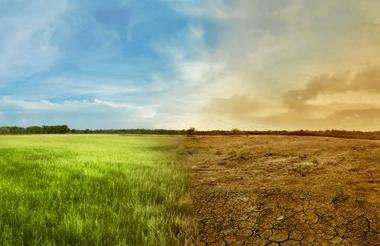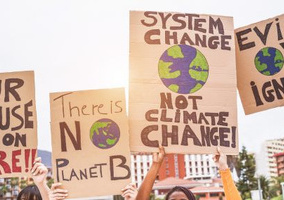A charity has been set up to make insurance more accessible to people around the world affected by climate disasters.
Humanity Insurance, whose backers include international insurance organisations like Howdens, officially launched yesterday after charity status in July.
The UK- and US-based organisation is aiming to make insurance more accessible to protect “climate vulnerable communities” around the world.
Despite being founded with financial backing from major insurance organisations, the charity said it would remain independent from the sector by maintaining an independent board of trustees, made up of experts in development, climate and finance.
The board has already approved three grants to insure refugees and local smallholders in Malawi, farmers in Kenya, and small business owners and farmers in Papa New Guinea.
CEO: ‘Everyone deserves security of insurance’
Humanity Insurance plans to use private and philanthropic capital to provide insurance protection for the 3.6 billion people around the world who risk losing their lives and livelihoods to climate-related disasters like floods and droughts.
The charity will be using satellite-triggered insurance to ensure that insurance payments will get to wherever they need to be in the world, as quickly as possible, to support affected communities during and after any disasters.
Beyond insurance protection, the charity will also provide funding for training and climate resilience tools for insured communities, so that they can “adapt and manage” the threats posed by the climate crisis.
Charlie Langdale, the charity’s newly appointed chief executive, said: “Everyone should know the security that insurance brings as that security is what empowers people to invest in their livelihoods.
“This is an essential response in an ever-more volatile world that relies on post-event funding.
“Humanity Insured will not only stop families adopting negative coping strategies after climate shocks, but by being financially prepared the most unprotected are able to pre-emptively manage the climate risks they face.”
Related articles











